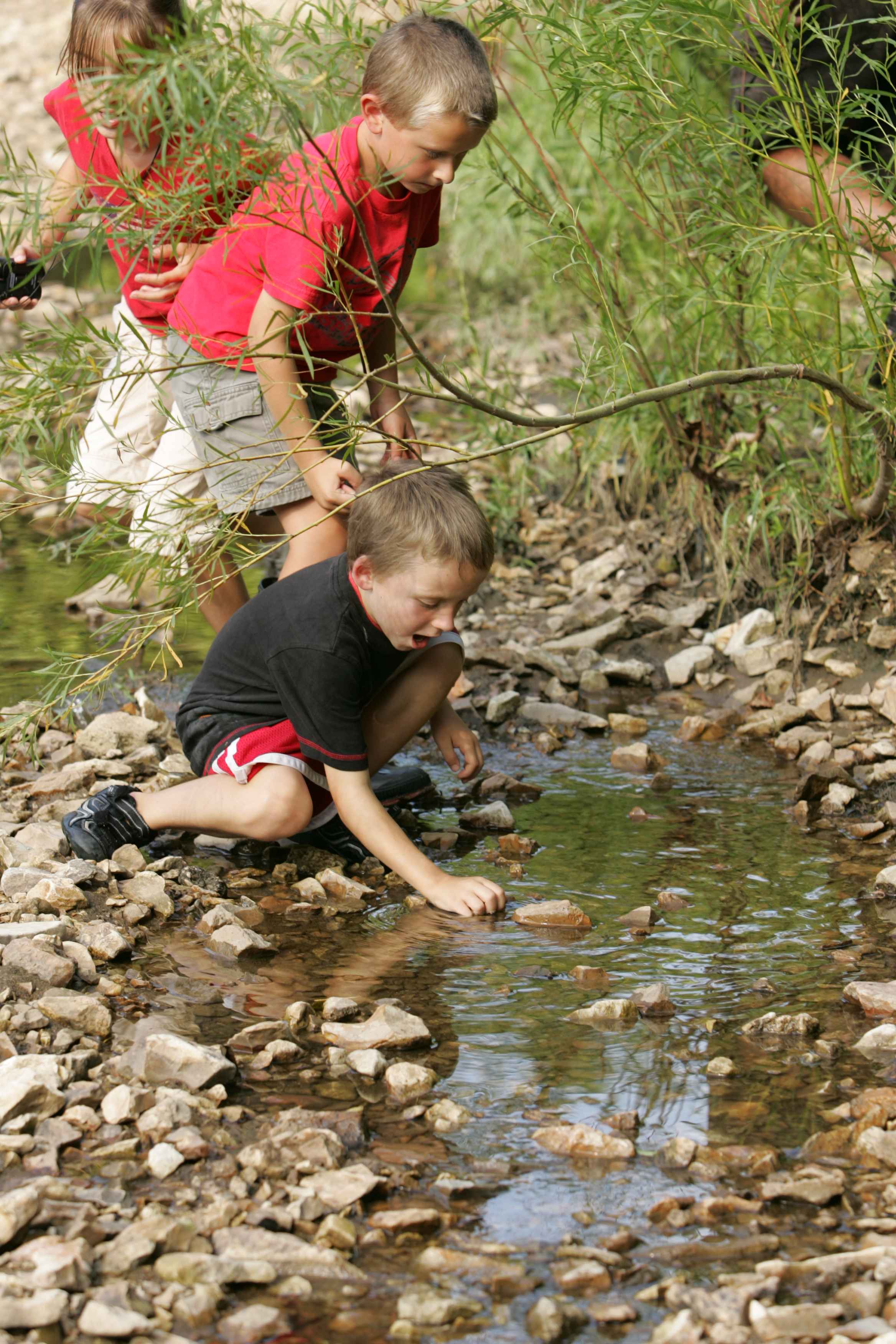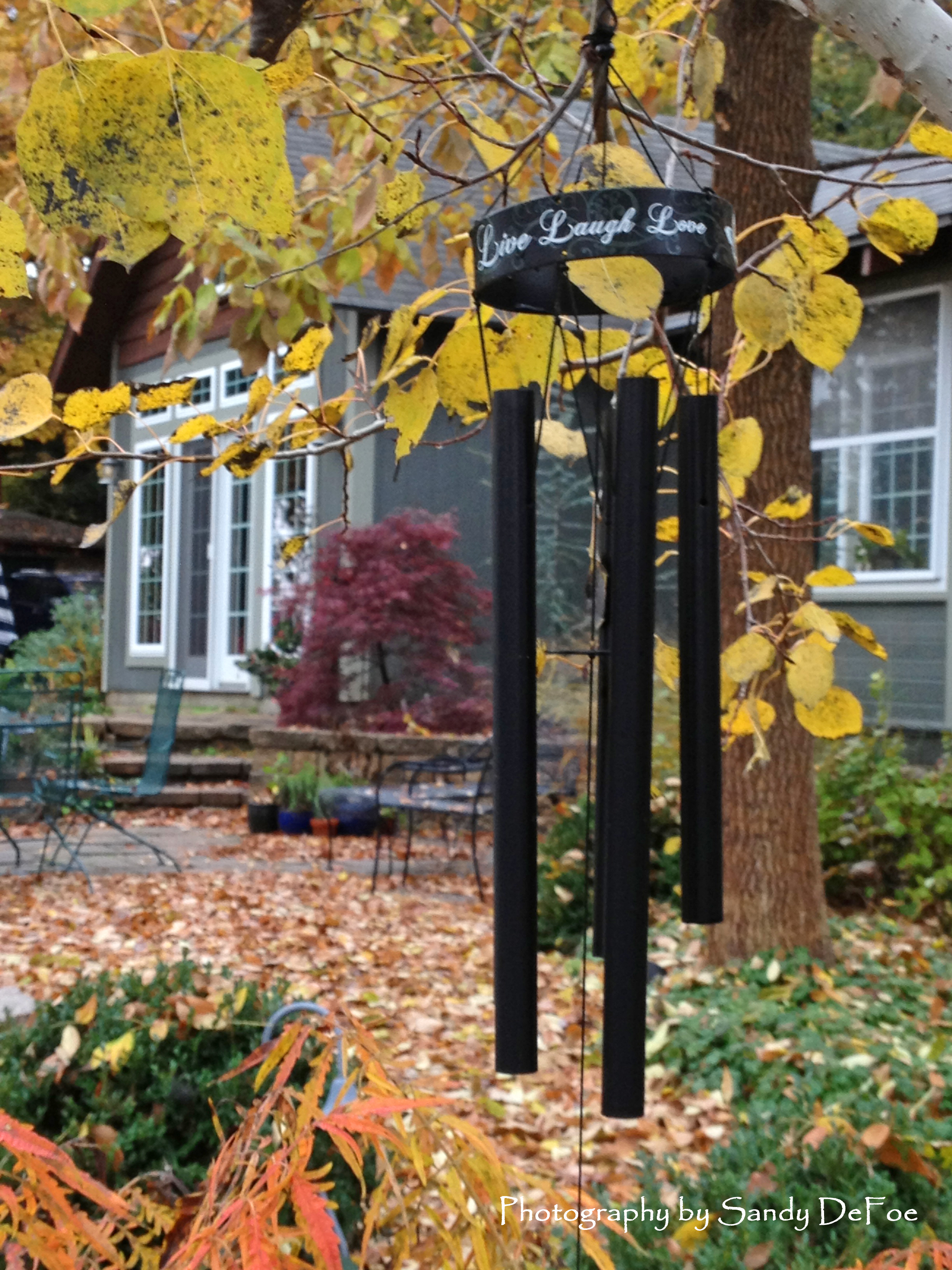I honestly thought that when I retired from teaching the pace of my life would dramatically change. I imagined spending hours outdoors — working in my gardens, exploring new places and just generally basking in nature — since I wouldn’t be tied to a desk grading papers anymore. What I discovered was that the ending of one set of responsibilities simply means the beginning of a new set. Other than supervising toddler play at the sandbox, I just “didn’t have time to be outside. There were just too many necessary things to do.”

Last weekend made me rethink my priorities. For my husband’s 65th birthday, our children arranged a family weekend at Echo Bluff State Park. It’s a new state park here in Missouri (just two years old) and it is one of the most beautiful and well-designed state parks I have ever visited. It sits along a crystal clean river perfect for skipping flat rocks and wading along the shore. All of the human elements, from the lodging to the giant playground to the amphitheater, are designed to complement the tranquility of the natural landscape; they invite you to leave busyness behind to relax and recharge.

Over the course of the weekend in this beautiful place I could feel myself unwinding and I could literally see my husband de-stressing. Our adult children left their phones behind and joined together for an afternoon hike. The younger set discovered piles of fall leaves to toss, stacks of rocks to climb and water turtles to watch, then begged to return to the playground to play some more. The evenings were spent looking at stars, pretending to know their names and laughing at the absurd ones we came up with. Altogether, a perfect weekend.

Last year, about this time, I wrote a series of articles discussing the physical and emotional benefits for adults of spending time in nature. In terms of physical health alone, the research I read last year repeatedly emphasized reduced heart rate, lowered blood pressure and decreased stress hormones in adults who spent even minimal time in nature. Spending repeated times in nature showed a boost in people’s immune and endocrine systems.

A year later, the research results show an even stronger correlation between spending time in nature and wellness. British professors at the University of Southampton have determined that exposure to sunlight can increase the body’s ability to produce its own vitamin D which strengthens bones and teeth and can also reduce the risk of both heart attacks and strokes. Research teams gathered from 20 different countries report “that exposure to greenspace reduces the risk of type II diabetes, cardiovascular disease, premature death, preterm birth, stress, and high blood pressure.”

As important as the health benefits are, the psychological and emotional rewards are even more impressive. According to an April 2018 article in MarketWatch, every year the United States economy loses over 70 billion dollars because of absenteeism from work, lost productivity and direct therapy costs related to anxiety and depression. Because time outside is shown to reduce the levels of the stress hormone cortisol in the bloodstream which in turn lowers feelings of anxiety and depression, physicians are beginning to prescribe nature walks in addition to drug therapy, reducing the overall costs to society. 71% of research subjects showed a marked decrease in the symptoms of depression after adding a nature walk to their health regime.

People who spend time outdoors, even as little as 20 minutes a day, show enhanced creative thinking skills. The brain shifts into a “rest” mode that not only cuts down on lethargy, but also increases energy levels and seems to make time move more slowly. All this opens the pathways to new ways of looking at things and fresh ideas.

Children who spend time outside reap huge physical, emotional and social rewards too. They tend to have a healthier weight, stronger bones and better eyesight. They become more adept at self-regulation, more resilient and more likely to accurately judge and manage risks, all of which make them more likely to avoid substance abuse later. Children who play outdoors everyday tend to be more focused and do better in school.

The time that my family and I spent at Echo Bluff last weekend could have been a textbook case study for the benefits of spending time in nature. Most of us however, cannot spend our days or our evenings in undisturbed nature. We live in cities and work in offices and commute in cars and buses and trains. We have meals to prepare and laundry to do and necessary things to accomplish. Our lives are busy and stress filled and many of us (and I have to admit that I am guilty of this too) cannot see how we can possibly add one more task to our lives — especially if it means going somewhere else to do it.

What researches are learning as they study the relationship of nature and wellness is that time in a backyard can be as restorative as a trip to the wilderness. The key is allowing your brain to let go of its directed attention, or focus on a specific task, and giving your senses as little as 5 minutes to absorb the beauty of nature. Whether your surrounding are part of a formal design or in a more naturalistic form, spending time in them will contribute to your physical and mental health.


Since I have been back from our trip I have made the effort to stroll through my yard every day, noticing details that I had been missing — like delicately spun spider webs and hidden blooms that survived the frost. I feel better, as though I have reconnected with a long-lost friend and found myself in the process. If you too feel as though just a little something is missing from your life, consider going outdoors. You may find what you have lost.


